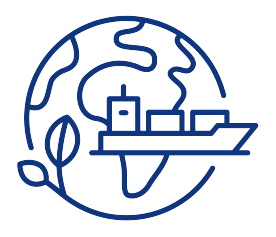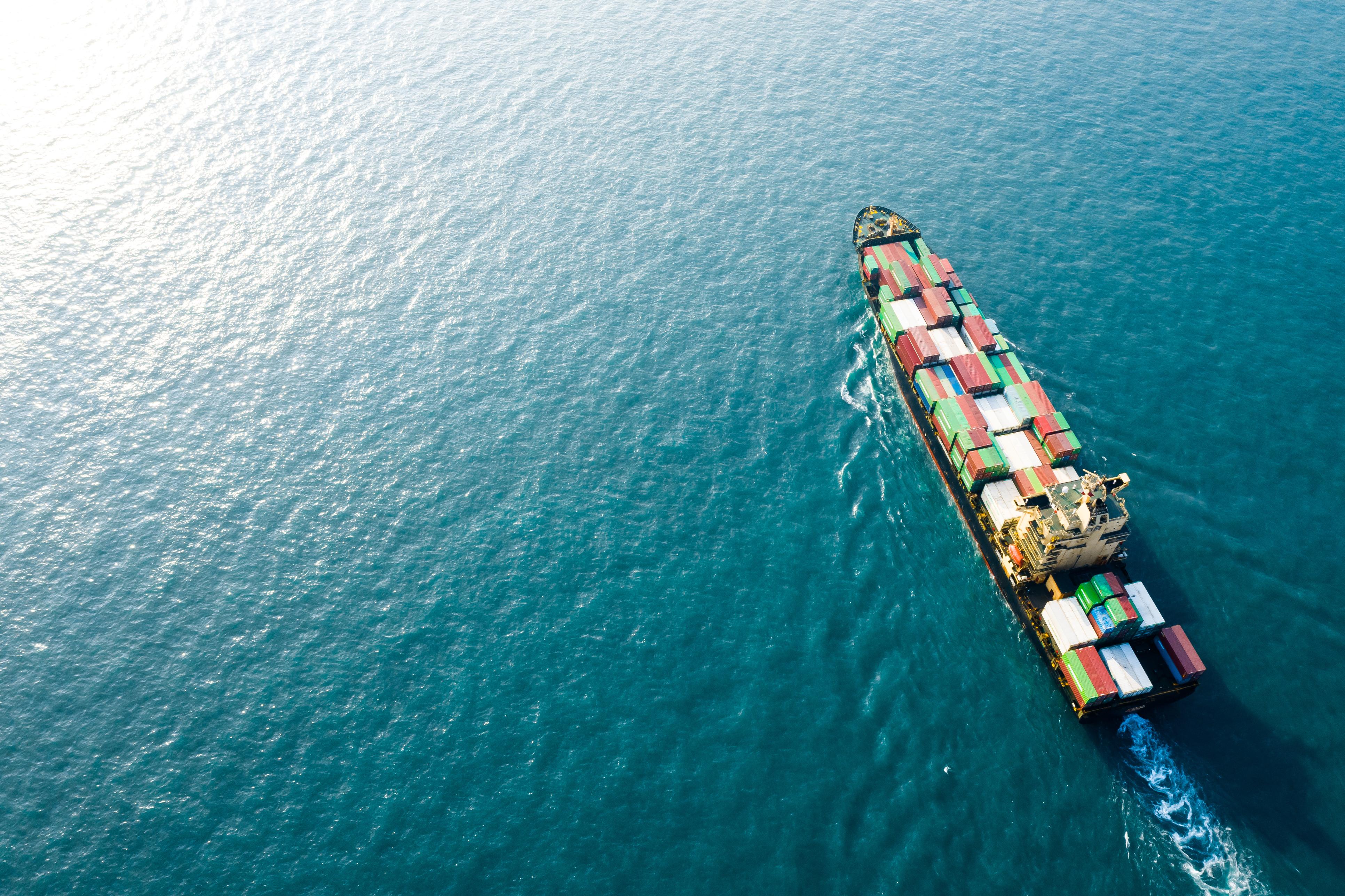Maritime Environment
Sustainability in the maritime sector
ISL analyses both, current and future interrelationships as well as developments in politics, economics, the environment and regulatory measures in order to contribute to a more environmentally friendly maritime sector. A special focus is laid on research of hydrogen and its future role in logistics-related matters.
Fields of activity
Despite high energy efficiency, the maritime transport sector causes a considerable amount of emissions with significant impacts on the climate, the environment and people. Further negative effects arise, for example, in the operational use of ships and ports, e.g. through noise, waste and wastewater -as well as through the scrapping of ships at the end of their life cycle.
ISL has developed comprehensive business and economic methods as well as tools to analyseand assess the impacts of existing and future political, regulatory, technological and economic developments on the various climate and environmental issues.
- Shipping: Air and noise emissions, transport and use of alternative fuels, measures in ship operation
- Ports: Air emissions ship-and terminal-side, handling of alternative fuels, production of alternative fuels, measures in port operations
- Hinterland: Air emissions, modal split/shift
- Policy development: Political and legal requirements on the part of the EU and IMO
Applications
Current as well as past studies and projects refer, for example, to:
- Alternative fuels in ports and shipping for decarbonisation(e.g. potential of hydrogen in shipping and ports, i.e. as a fuel and as a product for handling, storage, transport and production)
- Investigation/modelling of transport chains for modal split/shift alternatives to reduce emissions
- Modelling and simulation of port emissions
- Economic developments, impacts and implementation of legal/political frameworks (e.g. introduction of SECAs/NECAs, implementation of MSFD)
- Economic studies (e.g. cost-benefit analyses) on environmentally relevant port infrastructure developments (e.g. LNG bunkering facilities, shore-side power)
- Forecasts of fleet developments in the context of environmental policy issues


Further information
Current projects in this competence area can be found on our project sites


